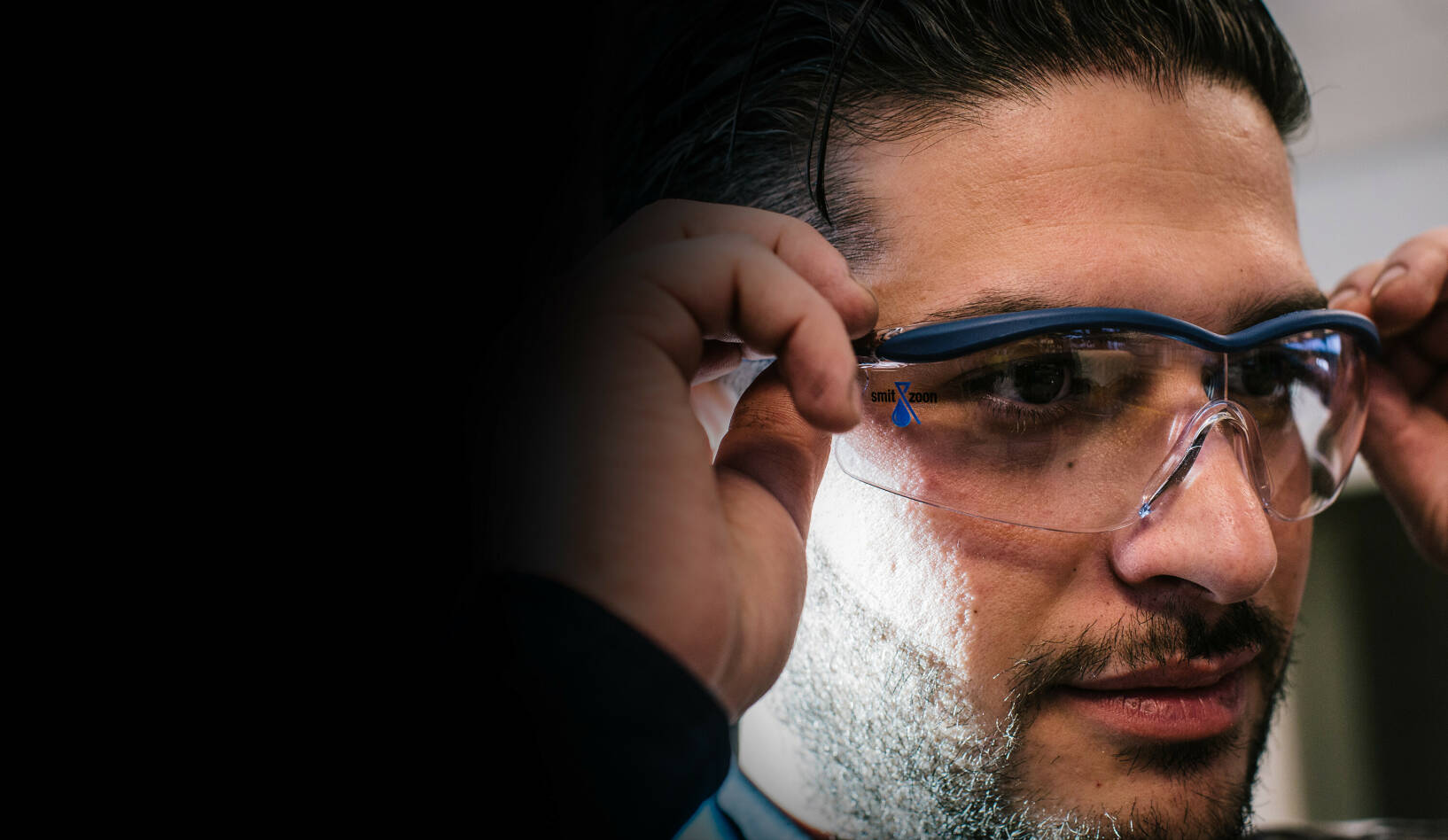Here we describe our commitments towards Social, focussing on our 2025 ESG Roadmap commitments.
Achievements
Social
Safe & Healthy workplace:
0 accidents, 0 lost working days and minimized absenteeism
Unfortunately, in our Italian operations we had 3 accidents with lost workdays. In all cases the employees recovered well. Supported by the newly introduced ISO 45001 occupational health and safety management system, we are working on improving safety culture and reducing risks. In all case thorough root cause analysis was done and measures were implemented to prevent the accidents for reoccurrence.
In all sites with the exception of China we experienced the impact of COVID-19. Despite this, the average sickness absence was not much higher than usual. However, this number does not reflect the severity of COVID-19 in our company. Regretfully we lost two of our colleagues who did not survive COVID-19 infections. This has had a big impact on their families, friends, colleagues and on our company. In the chapter ‘Facts & Figures’ you will find more detailed reporting on below figures.

1. IR (Injury Rate) = Number of Injuries per 200.000 worked hours
2. Zero IR = For employees and contractors
3. Zero IR = For employees and contractors
4. LWD (Lost Working Days) = Number of Lost Working Days per 200.000 worked hours
5. AR (Absentee Rate) = Percentage of sick days over worked days
In 2021, our production entities in India obtained ISO 45.001 certification we expect to receive ISO 45.001 certificates for our Italian operations in 2022.
All entities have world class occupational health and safety management systems in place

Education and community involvement are important to demonstrate our thought leadership. We intend to continue taking initiatives building further on the below topics.
Ongoing efforts in education and community involvement, to demonstrate thought leadership

University of Zeology
The University of Zeology has been set up to provide in-depth and transparent information relating to Zeology and other relevant insight topics like the leather manufacturing process, waste streams, and biodegradability.
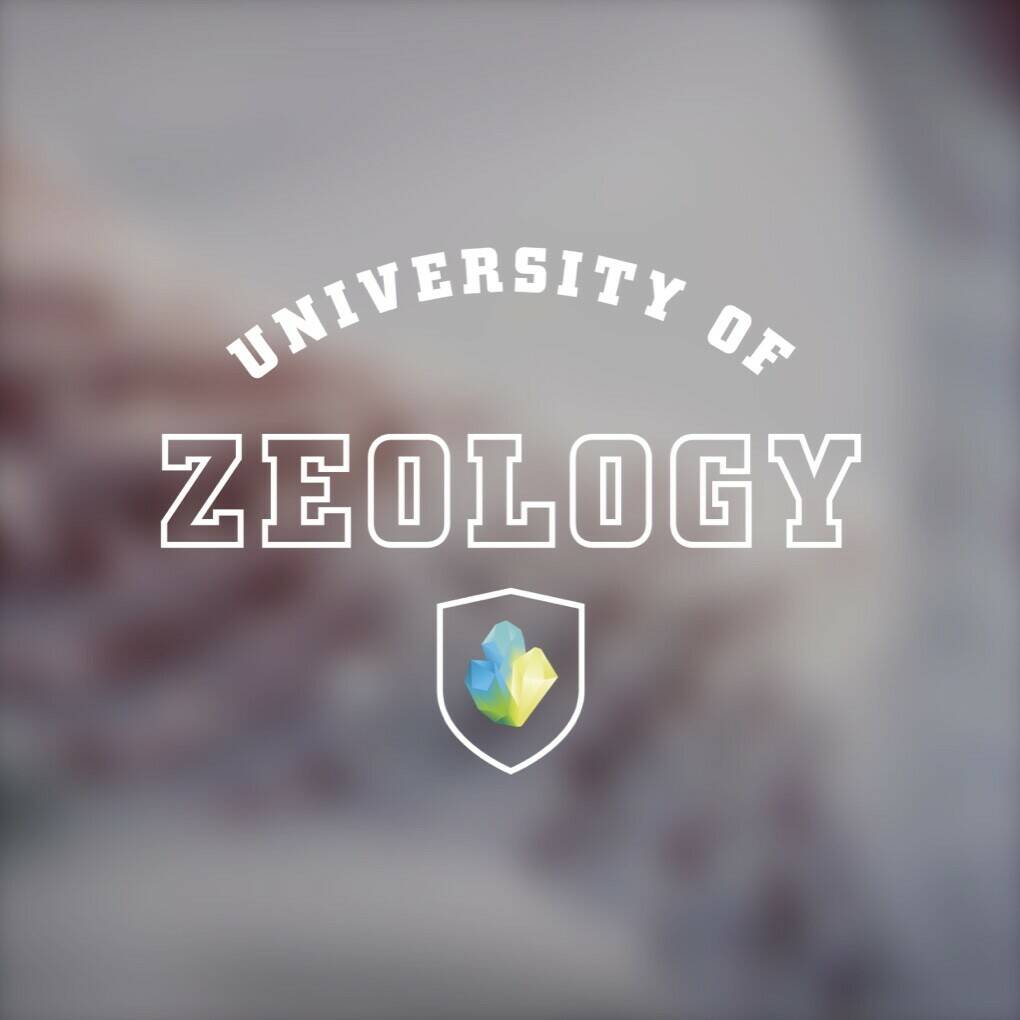
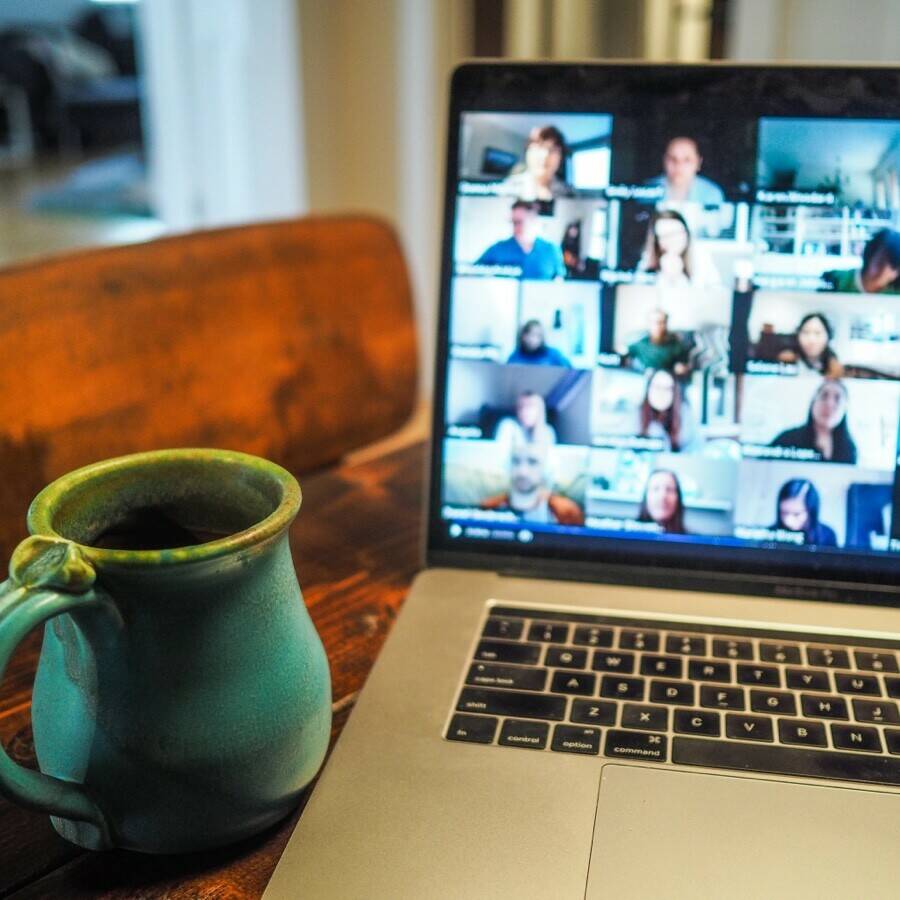
Sustainable Webinar Series
In 2021, Royal Smit & Zoon hosted a series of webinars about the basics of sustainability and about quantifying sustainability with Life Cycle Assessments.
Promoting Safe Use of Chemicals
Being a chemical manufacturer, we consider the safe use of chemicals as the most important topic. Royal Smit & Zoon is involved in various training efforts and in the creation of models like the new Leather Working Group Protocol 7 to promote the safe use of chemicals. In Bangladesh, we are involved in a 3-year training program (ending in 2022) in collaboration with TEGEWA. It has a focus to train 1500 leather industry employees to work safely with chemicals. On our website, you can download the safety guidelines in various languages.

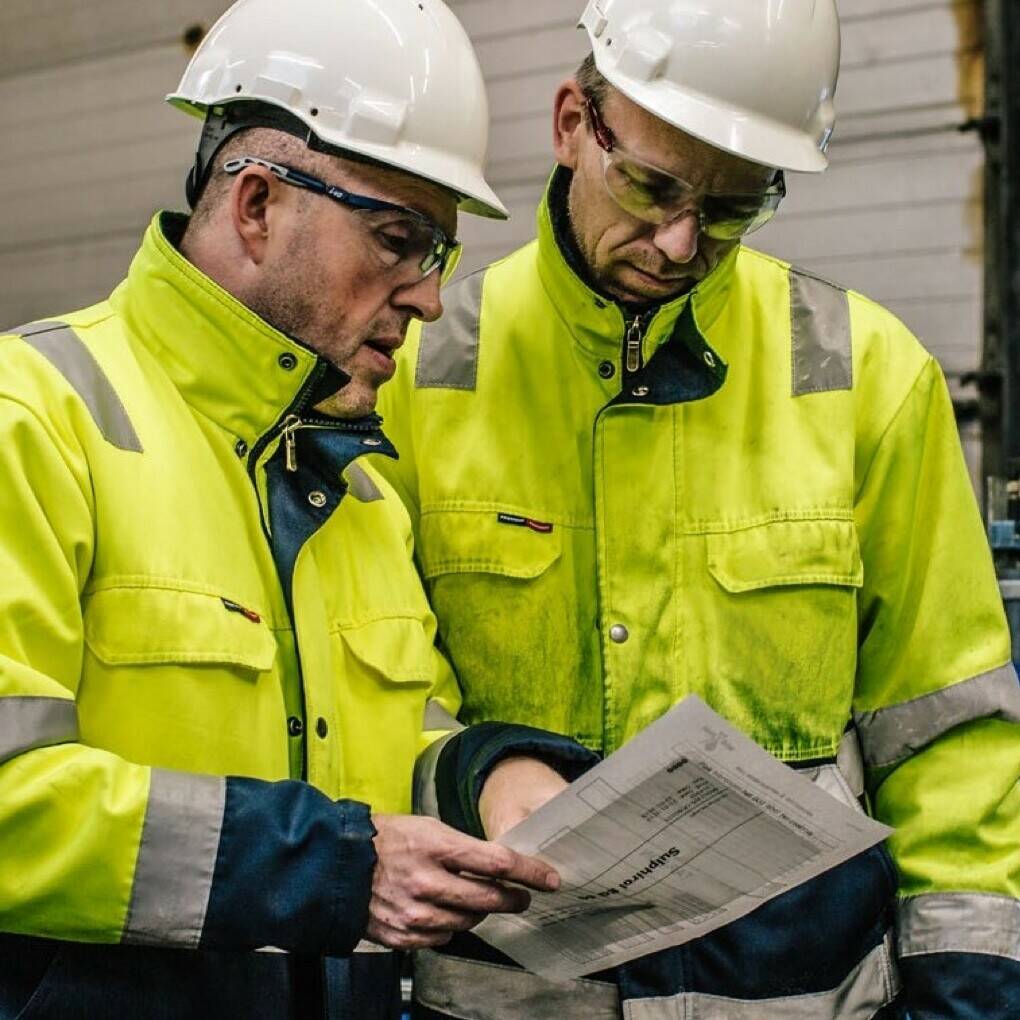
Educating Next Generations
Royal Smit & Zoon is looking to support the development of the next generations of leather technicians and we are educating designers on the knowledge and use of leather. This is done in multiple ways: supporting education within the leather industry, educating designers on leather and the chemistry of leather, and hiring young leather technicians.
Royal Smit & Zoon is involved in various training efforts, traineeships, and our experts perform as a speaker in international industry events. In leather educational institutes, we collaborate with ICLT in the UK, with ITECH in France, and with CLRI in India.
Royal Smit & Zoon organized the Design Challenge for its 200-year celebration. An important aspect was to support the know-how of young designers on the characteristics and knowledge about leather and how the process of leather making can be made more sustainable.
Smit & Zoon is continuously looking for young aspiring leather technicians to train them and provide them an entrance into the leather industry.
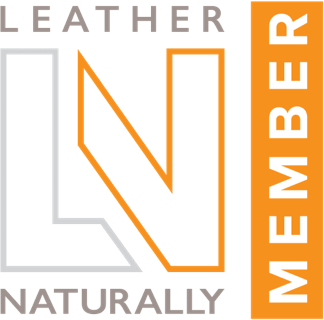

Royal Smit & Zoon is a member of Leather Naturally, which is focussing on education and the promotion of leather to brands, designers and consumers. Next to this, we donate to the METCHA platform where global young consumers are engaged with leather.
Royal Smit & Zoon team members are also actively involved in community discussions (LinkedIn, private networks) and we frequently invite brands and designers to our premises to show the beauty and sustainability of leather.
Supporting responsible material decision-making, recognizing leather as an upcycled material with unique sustainable characteristics.
We are actively involved in consumer and brand communication
UN SDG goals
We adressed UNG SDG goals 6,8,12,17, and a series of Materiality Matrix topics, including Occupational Health & Safety, Effluents & Waste, Water & Effluents, Training & Education, Materials, Environmental Compliance, Customer Health & Safety, Emissions.
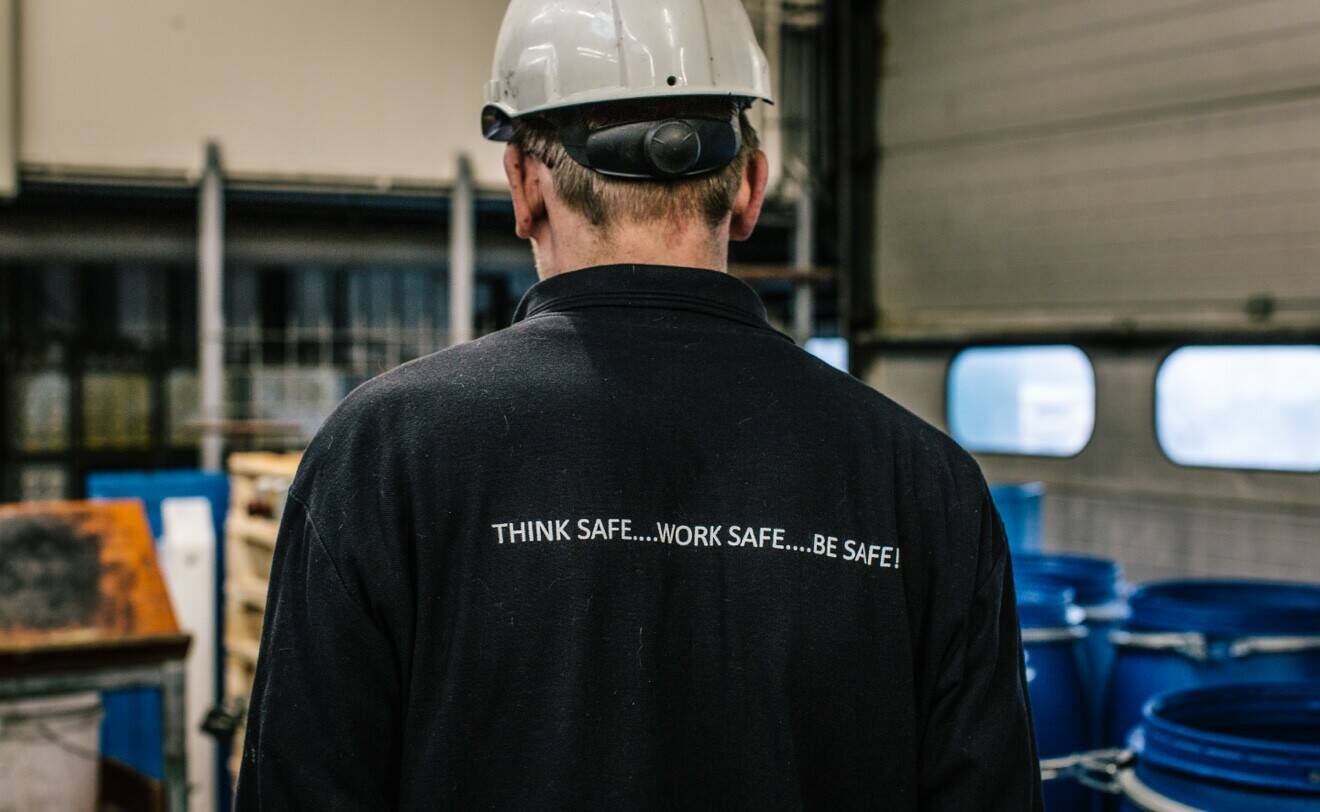
It is our aim to work towards a society where all people are able to live a dignified life with equal access to education and healthcare and to take control of their own future. With this mission in mind, Joost Smit, the 6th generation owner of Smit & Zoon, set up the Koornzaayer Foundation in 1969. The foundation - named after the ship our founder Albert Smit was the captain of in 1821 - supports local initiatives on education and health care projects in Kenya and Uganda.
The Koornzaayer Foundation

- Education to give children an opportunity to make changes in their own country that will also benefit the next generation.
- Health care in order to be able to learn and go to school. In 2021, like in the rest of the world, COVID-19 was very present around our projects. The Koornzaayer Foundation made the choice to support her working partners throughout this period.
In the 50 years of its existence, the Koornzaayer Foundation has ignited and supported dozens of local initiatives related to these two crucial themes:
Kenya
In Kenya, this was done in collaboration with Victoria Friendly Foundations, a group of local villagers on Rusinga Island, off the Kenyan Lake Victoria coast. We teamed up in 2014 and are still working together on projects to meet the basic needs of orphaned and needy children on the island. In addition to all the programs we started in 2020 we also saw the need for a small group of families to support them with food baskets. So, for food security, we extended the program regarding training in agriculture and water management and increased it with food supplies and seedlings.
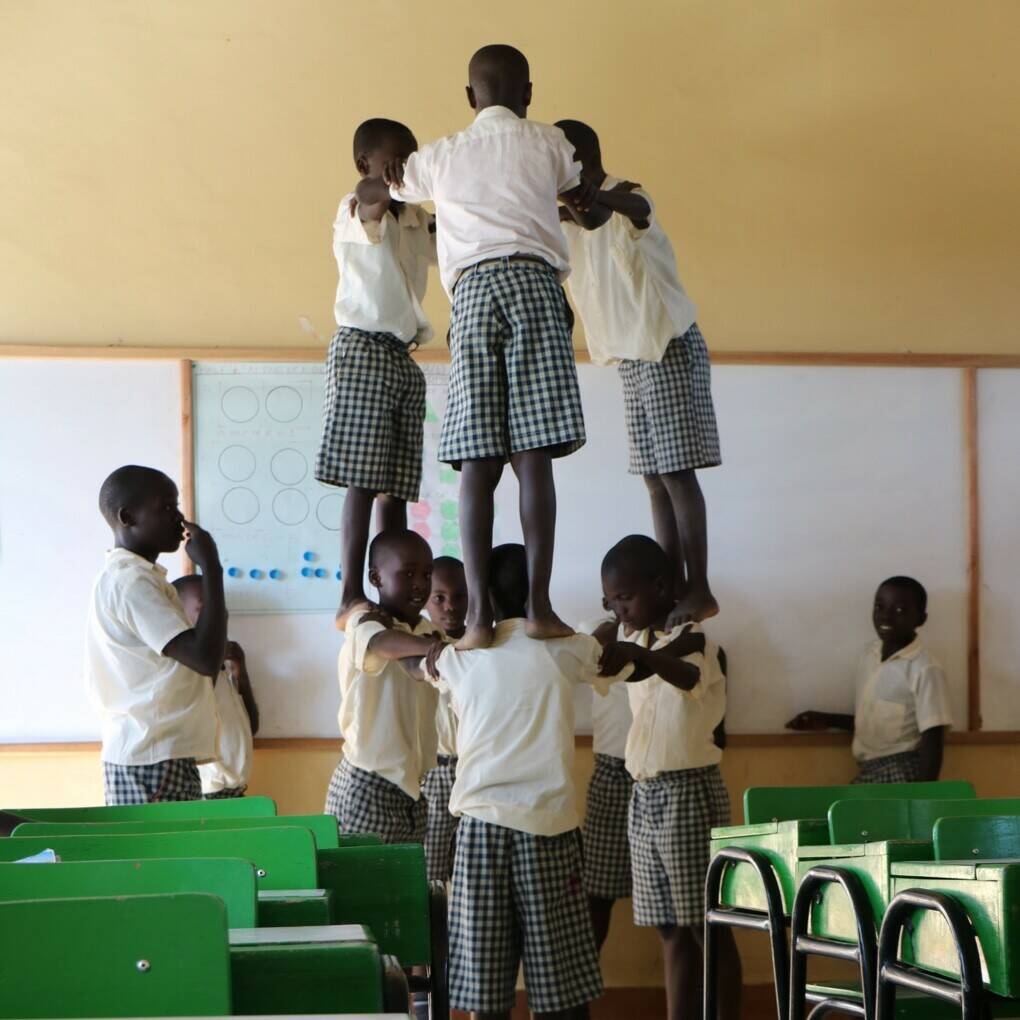
Uganda
This country had one of the hardest COVID-19 lockdowns in the past two years. Not only all schools were closed but also a lot of street markets. For some time, transportation between villages was only allowed if you had a pass issued by the local government. In the north, we work together with Link To Progress.




Please swipe to view full table
In 2021, our production entities in India obtained ISO 45.001 certification we expect to receive ISO 45.001 certificates for our Italian operations in 2022.
All entities have world class occupational health and safety management systems in place
Due to their track record and the fact that they already worked in water management, hygiene, and counseling, they quickly received a license to continue their work. We as a foundation were able to support extra radio spots, hygiene products like soap, and of course, the work around boreholes and open defecation-free villages could continue. Something we are all very happy with.
In the 2020 report, we also mentioned the help in strengthening the fundraising department of Link To Progress. The Koornzaayer Foundation is very happy that they were able to find new potential donors to not only continue their current work but also to expand the work field. Much needs to be done in the coming years to get all the kids back in school. Many parents have lost their jobs and lost belief in education as a whole.
Next to Link To Progress, we like to mention two of our other partners who struggled to support their communities. Nurture Africa is a small clinic with an outreach educational program in the community. They had started a whole new training project for teachers but had to change it into hygiene management and food security. And Children's Welfare Mission (Kinderhulp Afrika) has its own boarding school. Primarily only for orphans, and secondary also for children whose parents can afford the fees. What makes them unique is that all children not only reach their ordinary O or A levels but also finish secondary school with a certificate for an occupation. So that means every child will leave school with a degree in either tailoring, carpentry, solar mechanics, catering, plumbing, etc. For the last two years, they faced the problem that they were unable to pay the salaries of their very good and loyal staff. In this, we decided to help them. By 2022, we hope that all kids will go back to school and start learning again. It’s the only way a future generation is able to really change things for the better.
Uganda
This country had one of the hardest COVID-19 lockdowns in the past two years. Not only all schools were closed but also a lot of street markets. For some time, transportation between villages was only allowed if you had a pass issued by the local government. In the north, we work together with Link To Progress.
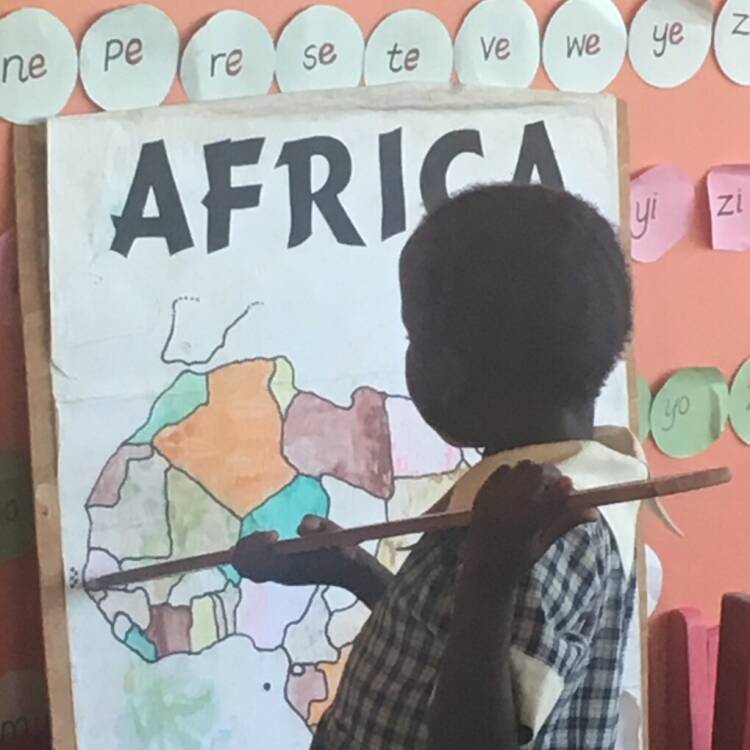
In our previous report, we mentioned our joint interest to further improve the effectiveness of food security together with VOX impulse and Koornzaayer Foundation. The research for options of getting water connections on the island almost come to an end and we expect our local partners to fine-tune the outcome with the local government, the community, and all others that need to be involved. The home connection to water will come to an effect in 2022, with a model that will start small but is scalable. The end goal is to provide the whole 35,000-people population with access to healthy water for their own hygiene but also for irrigation.
All these initiatives and plans perfectly fit within our achievements to date. Central to this: an integrated early childhood development education package that has been successfully integrated into the community. The school building not only offers proper education, but also includes a feeding program, health activities, and, indirectly, food security and economic development.
The integrated community development program is a six-year program that is the joint initiative of the Victoria Friendly Montessori, De Koornzaayer Foundation, FEMI, Talud, Imani Foundation, the Catz Charity Foundation, and the Peter van Vliet Foundation. All of us envision a community with a diversification of income sources, healthy and stable homes where children can grow and develop into adults that can make a difference for their community. And we hope together we can combat erosion on the island.
Kenya
In Kenya, this was done in collaboration with Victoria Friendly Foundations, a group of local villagers on Rusinga Island, off the Kenyan Lake Victoria coast. We teamed up in 2014 and are still working together on projects to meet the basic needs of orphaned and needy children on the island. In addition to all the programs we started in 2020 we also saw the need for a small group of families to support them with food baskets. So, for food security, we extended the program regarding training in agriculture and water management and increased it with food supplies and seedlings.
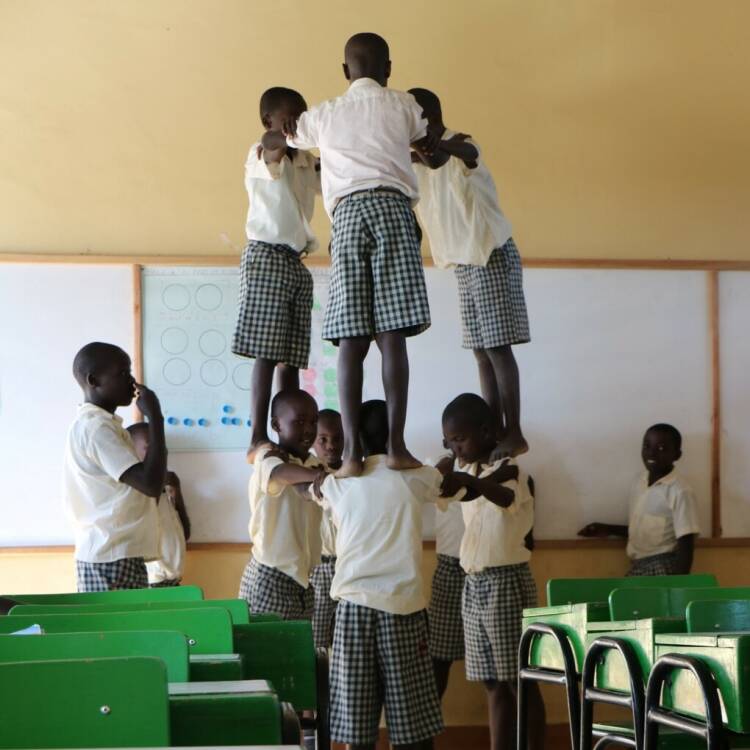
- Education to give children an opportunity to make changes in their own country that will also benefit the next generation.
- Health care in order to be able to learn and go to school. In 2021, like in the rest of the world, COVID-19 was very present around our projects. The Koornzaayer Foundation made the choice to support her working partners throughout this period.
In the 50 years of its existence, the Koornzaayer Foundation has ignited and supported dozens of local initiatives related to these two crucial themes:

It is our aim to work towards a society where all people are able to live a dignified life with equal access to education and healthcare and to take control of their own future. With this mission in mind, Joost Smit, the 6th generation owner of Smit & Zoon, set up the Koornzaayer Foundation in 1969. The foundation - named after the ship our founder Albert Smit was the captain of in 1821 - supports local initiatives on education and health care projects in Kenya and Uganda.
The Koornzaayer Foundation
UN SDG goals
We adressed UNG SDG goals 6,8,12,17, and a series of Materiality Matrix topics, including Occupational Health & Safety, Effluents & Waste, Water & Effluents, Training & Education, Materials, Environmental Compliance, Customer Health & Safety, Emissions.
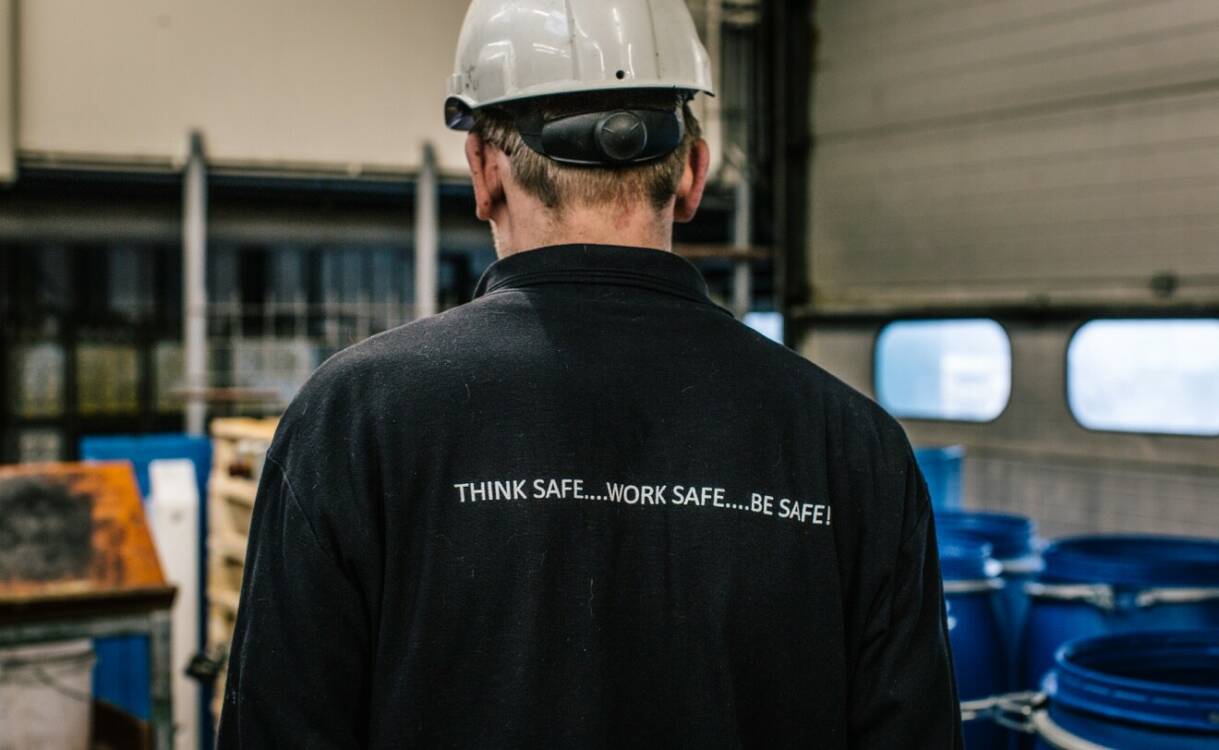

Please swipe to view full table
Royal Smit & Zoon is a member of Leather Naturally, which is focussing on education and the promotion of leather to brands, designers and consumers. Next to this, we donate to the METCHA platform where global young consumers are engaged with leather.
Royal Smit & Zoon team members are also actively involved in community discussions (LinkedIn, private networks) and we frequently invite brands and designers to our premises to show the beauty and sustainability of leather.
Supporting responsible material decision-making, recognizing leather as an upcycled material with unique sustainable characteristics.
We are actively involved in consumer and brand communication
Educating Next Generations
Royal Smit & Zoon is looking to support the development of the next generations of leather technicians and we are educating designers on the knowledge and use of leather. This is done in multiple ways: supporting education within the leather industry, educating designers on leather and the chemistry of leather, and hiring young leather technicians.
Royal Smit & Zoon is involved in various training efforts, traineeships, and our experts perform as a speaker in international industry events. In leather educational institutes, we collaborate with ICLT in the UK, with ITECH in France, and with CLRI in India.
Royal Smit & Zoon organized the Design Challenge for its 200-year celebration. An important aspect was to support the know-how of young designers on the characteristics and knowledge about leather and how the process of leather making can be made more sustainable.
Smit & Zoon is continuously looking for young aspiring leather technicians to train them and provide them an entrance into the leather industry.
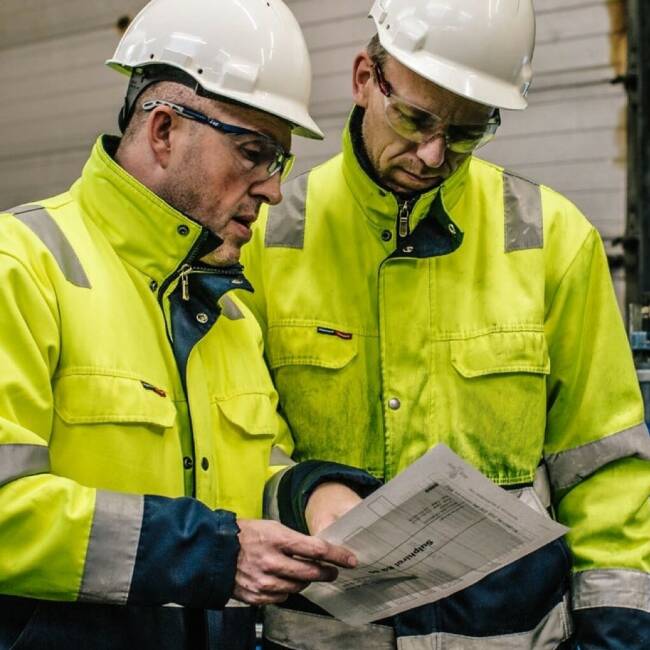
Promoting Safe Use of Chemicals
Being a chemical manufacturer, we consider the safe use of chemicals as the most important topic. Royal Smit & Zoon is involved in various training efforts and in the creation of models like the new Leather Working Group Protocol 7 to promote the safe use of chemicals. In Bangladesh, we are involved in a 3-year training program (ending in 2022) in collaboration with TEGEWA. It has a focus to train 1500 leather industry employees to work safely with chemicals. On our website, you can download the safety guidelines in various languages.

Sustainable Webinar Series
In 2021, Royal Smit & Zoon hosted a series of webinars about the basics of sustainability and about quantifying sustainability with Life Cycle Assessments.
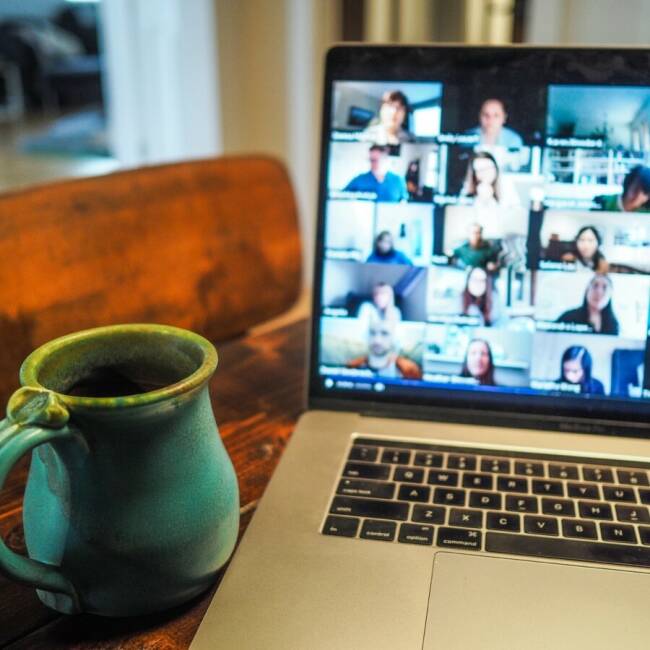

University of Zeology
The University of Zeology has been set up to provide in-depth and transparent information relating to Zeology and other relevant insight topics like the leather manufacturing process, waste streams, and biodegradability.


Please swipe to view full table
Education and community involvement are important to demonstrate our thought leadership. We intend to continue taking initiatives building further on the below topics.
Ongoing efforts in education and community involvement, to demonstrate thought leadership
1. IR (Injury Rate) = Number of Injuries per 200.000 worked hours
2. Zero IR = For employees and contractors
3. Zero IR = For employees and contractors
4. LWD (Lost Working Days) = Number of Lost Working Days per 200.000 worked hours
5. AR (Absentee Rate) = Percentage of sick days over worked days

Please swipe to view full table
Safe & Healthy workplace:
0 accidents, 0 lost working days and minimized absenteeism
Unfortunately, in our Italian operations we had 3 accidents with lost workdays. In all cases the employees recovered well. Supported by the newly introduced ISO 45001 occupational health and safety management system, we are working on improving safety culture and reducing risks. In all case thorough root cause analysis was done and measures were implemented to prevent the accidents for reoccurrence.
In all sites with the exception of China we experienced the impact of COVID-19. Despite this, the average sickness absence was not much higher than usual. However, this number does not reflect the severity of COVID-19 in our company. Regretfully we lost two of our colleagues who did not survive COVID-19 infections. This has had a big impact on their families, friends, colleagues and on our company. In the chapter ‘Facts & Figures’ you will find more detailed reporting on below figures.
Here we describe our commitments towards Social, focussing on our 2025 ESG Roadmap commitments.
Achievements
Social
